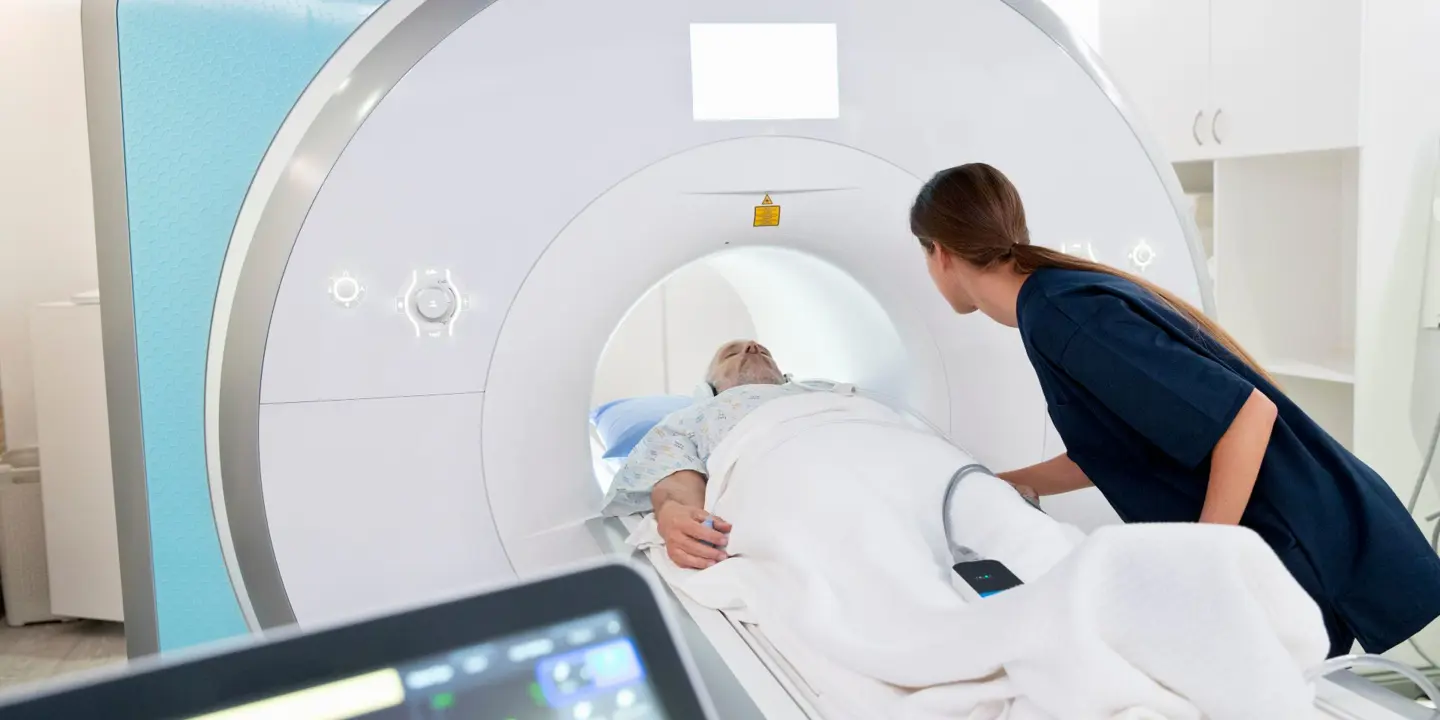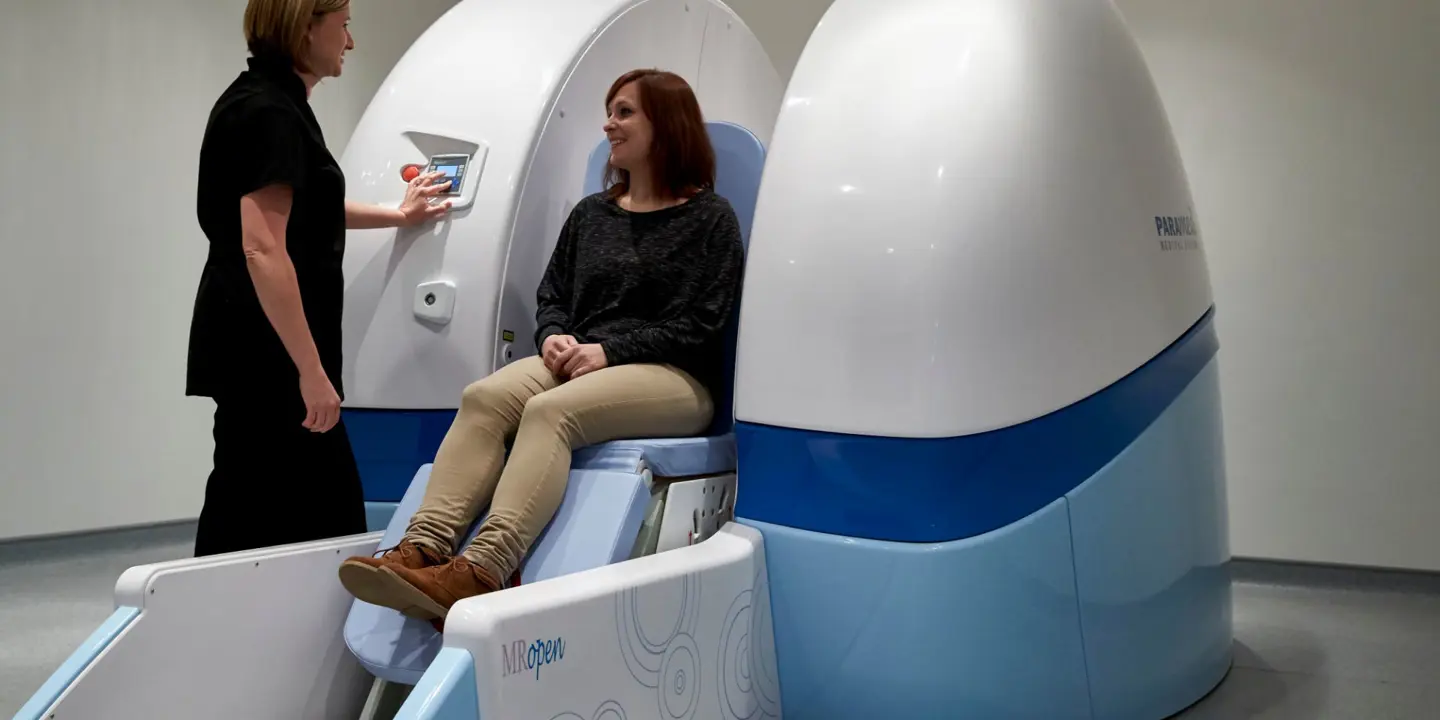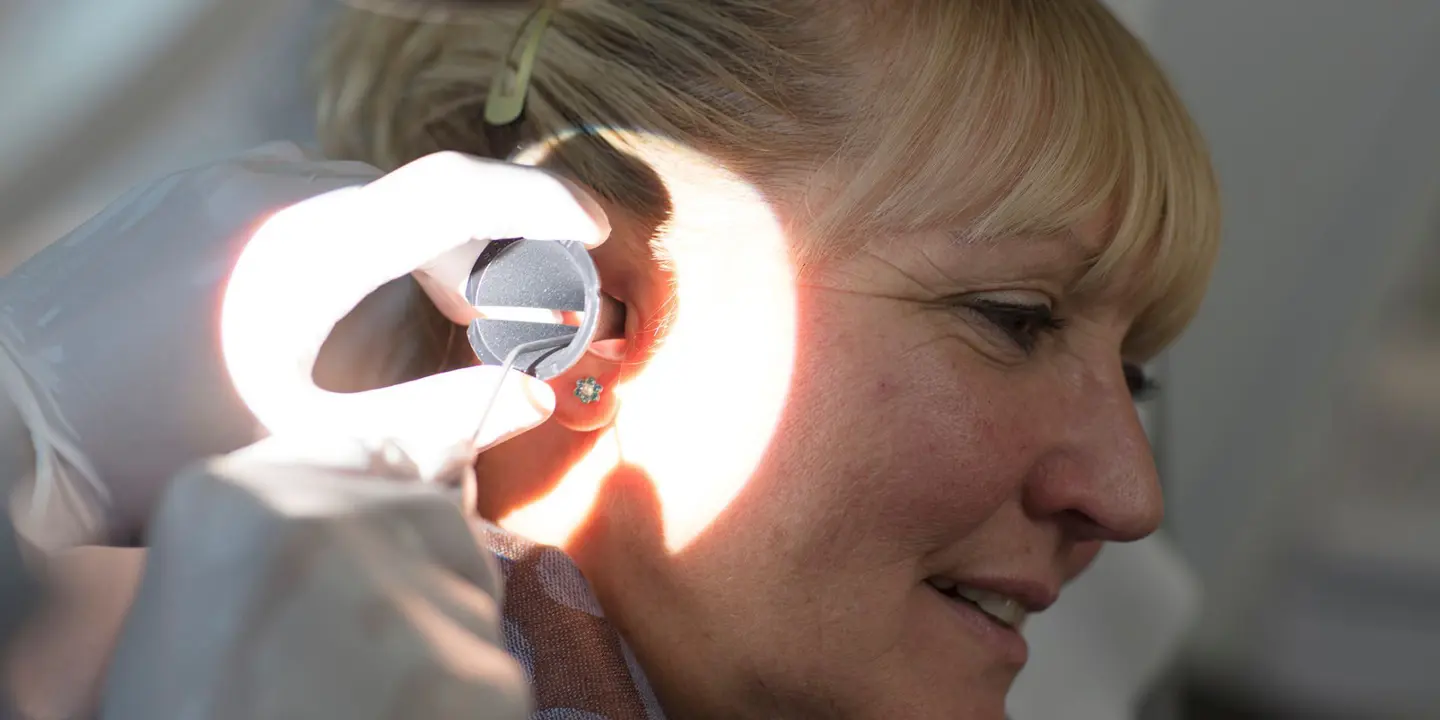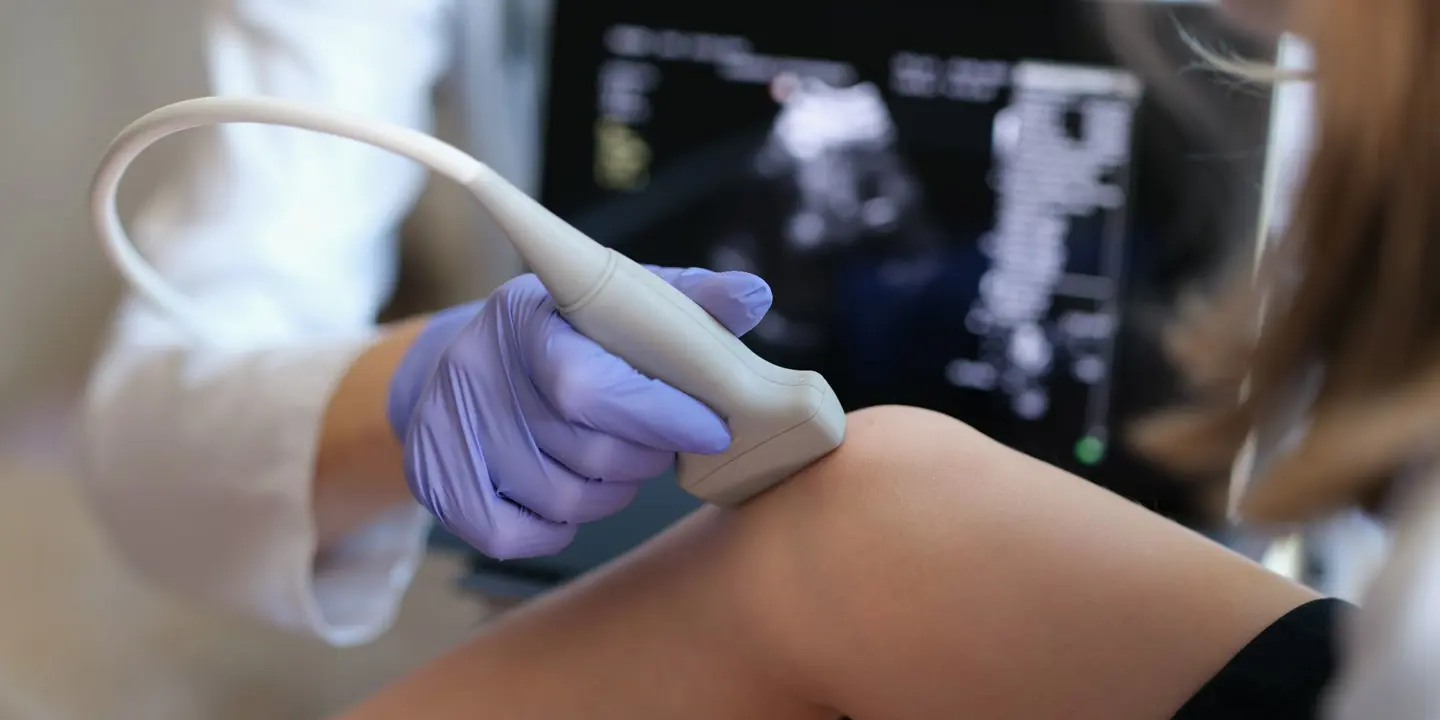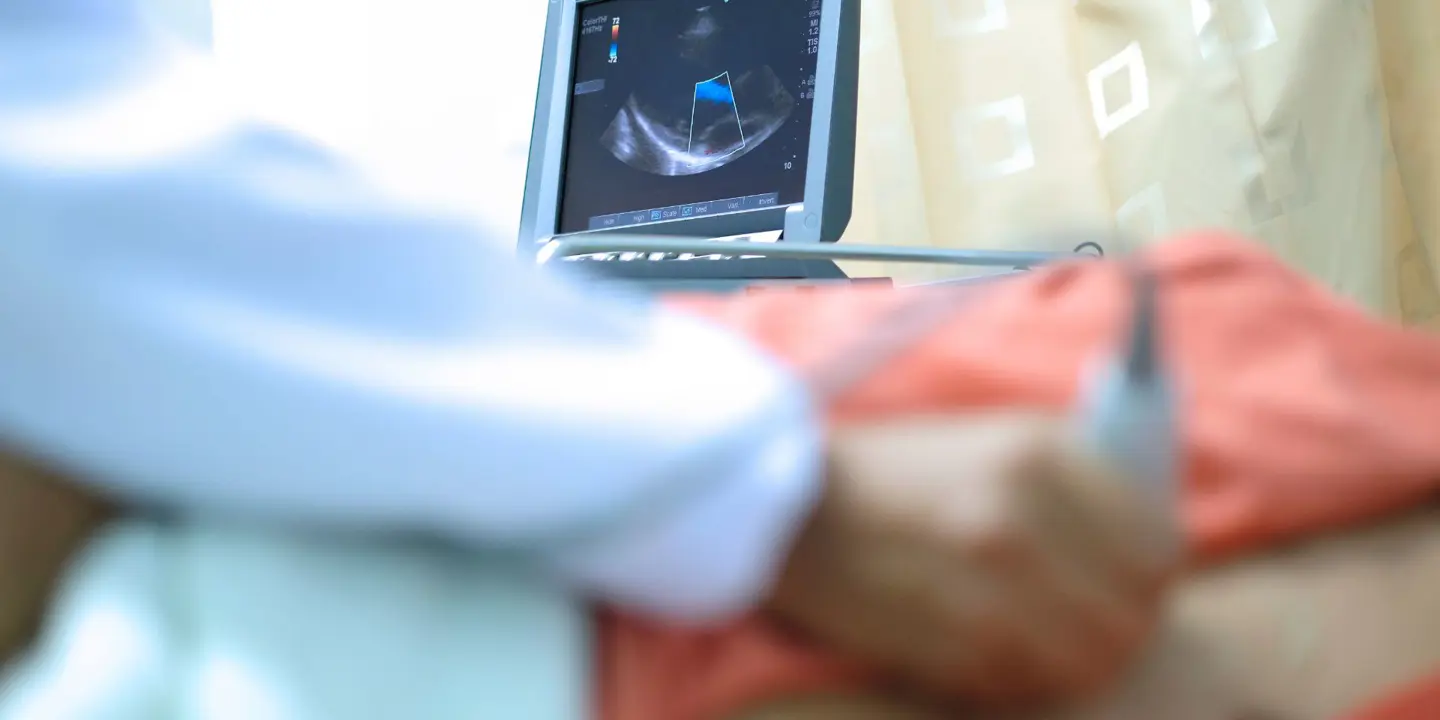-
The diagnostic accuracy in detecting early-stage tumours using MRI is above 76%. MRI uses strong magnetic fields to take images of the inside of the body. Meanwhile, CT scans do a series of X-Rays and compile them into one whole.
Read on as we delve into the main differences between CT scans and MRI scans, including when and where to find a leading diagnostic healthcare provider.
CT Scans: How Do They Work?
CT scans (Computered Tomography) utilize multiple X-rays that combine to create images of the patient’s scanned body parts. A computerised tomography (CT) scan, sometimes referred to as a CAT scan, creates a cross-sectional image of various body parts by merging many X-ray images that are obtained from various angles. The radiologist may ask the patient to drink a liquid or have an injection of contrast media. This helps better delineate areas of the body and reveal any abnormalities there may be within the tissues and vessels.
MRI Scans: How Do They Work?
MRIs (Magnetic Resonance Imaging) use a strong magnetic field to take pictures of the internal organs. Compared to CT a series of scans are taken as part of an examination.
What is the Key Difference between MRIs and CT Scans?
The main difference between MRI and CT scans lies in their performance and service cost. These aside, here are the main differences between CT scans and MRIs.
- Speed: Typically, a CT scan will take up to 10 minutes, whereas MRIs can last from 20-40 minutes, but are getting quicker!
- Cost: In the UK, the average cost of a CT scan ranges from £395 to £600 per scan, whereas a total body MRI scan will cost from £1500 to £2,250.
- Image quality: MRIs use strong magnets and radio waves to produce precise images of your soft tissues and bones. CT scans can take several, two-dimensional X-ray images of the inside of your body. These X-ray images are then converted into three-dimensional images using a computer.
- Comfort: MRIs are much noisier than CT scans, mostly because of the technology used in the process. However, the technician will give you earplugs or headphones to dull the sounds. CT scans are quiet in comparison.
- Radiation: Unlike CT scans, MRI scans don't use any radiation. MRI uses a strong magnetic field and anyone with metal in their body (pacemaker, stent, implant etc.) will need to ensure the material is MRI-safe.
Book an MRI or CT scan with a Trusted Provider
With two decades of experience and over 50 locations UK-wide, we bring the latest diagnostic tools to patients in need. Favourable costs, exquisite medical attention and superb service are what we offer - contact us today to book your appointment.


Because Prevention Is Always Better Than Cure
MRI vs. CT Scans: Differences, Benefits, and Uses
FROM THE BLOG
You may also be interested in
Everything you need to know. Explore our blog for insightful articles and the latest news, empowering you to make informed decisions about your health.
Frequently asked questions
If you’re about to begin a healthcare journey, you’re likely to have a few questions. We’ve tried to answer the most common queries here - but if you don’t find what you’re looking for, you can always ask one of our friendly patient care advisors.
I don’t have any symptoms. Can I still book a procedure?
Yes. Diagnostic healthcare can provide reassurance that all is well, and help you plan a healthy future lifestyle.
Can I discuss my results?
We offer a consultation service with GMC registered GPs to discuss your scan results.
*20% consultation discount will be applied when booked together with your scan.
How much will diagnostic healthcare cost?
Our diagnostic services start from as little as £75.
What if I cannot refer myself?
Self-referral is available in most circumstances. However, in some instances, we may need further clinical information. We will contact you if this is the case. If needed, we offer a virtual GP consultation service where we can provide you with a referral and a follow-up consultation to discuss results.
Can I refer myself?
We accept self-referral in most cases. Self-referral allows you to take control of your own health with direct access to our own specialist diagnostic services. We also offer a GP consultation service to provide you with a referral if you need one.
When will I get my results?
We aim to deliver all results within three working days of your appointment. If you have not heard from us within this timeframe, please contact us.
How long will my appointment take?
It depends on the scan or screening you choose, but most appointments take less than 90 minutes. We ask you to arrive around 15 minutes before your scheduled appointment.
How do I book an appointment?
For most services you can book online or by phone, and you don’t need a GP referral. Choose your service, your preferred location and a convenient date here.

